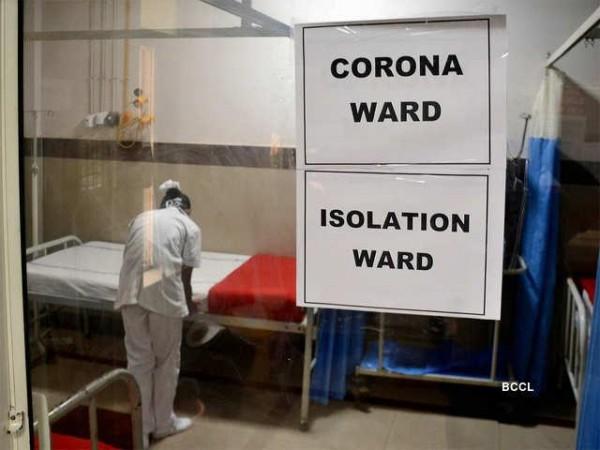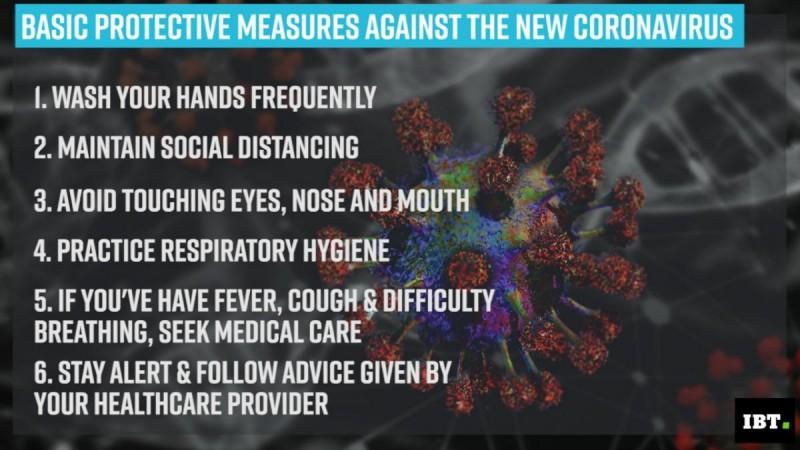Warning that India is likely to enter phase 3 of the novel coronavirus outbreak in the next few days, the Indian Council Of Medical Research (ICMR) has said that community transmission of COVID-19 can be prevented if people abide by a basic preventive measure - social distancing.
In a study conducted by its experts in the initial days of the outbreak, the ICMR noted that restricting the movement of symptomatic persons could reduce the number of COVID-19 cases by a huge margin of 62 percent.

"Strictly implemented social distancing measures such as home quarantine of symptomatic people and suspected cases will reduce the overall expected number of cases by 62% and the peak number of cases by 89%, thus flattening the curve and providing more opportunities for interventions," says the ICMR study titled.
Each infected Indian could affect 4 others: ICMR
The apex health research body also devised mathematical models to showcase that entry screening of the travellers with COVID-19 symptoms can delay the transmission of the novel coronavirus into the community by at least 1-3 weeks.
The researchers at ICMR created two scenarios - 'optimistic' and 'pessimistic' - to demonstrate the spread of the fatal disease. In the optimistic scenario, one COVID-19 patient will infect an average of 1.5 persons whereas, in the pessimistic scenario, as many as 4 people will get infected.
Further, stressing the importance of social distancing, the ICMR said that if even 50 percent of those showing symptoms are put in quarantine within three days, the number of cases will go down by 62 percent.

"As a consequence, the intervention can flatten the epidemic curve and reduce the cumulative incidence by 62 percent," the study notes.
At present, the whole of India is in lockdown mode as the number of positive cases has crossed 500.








